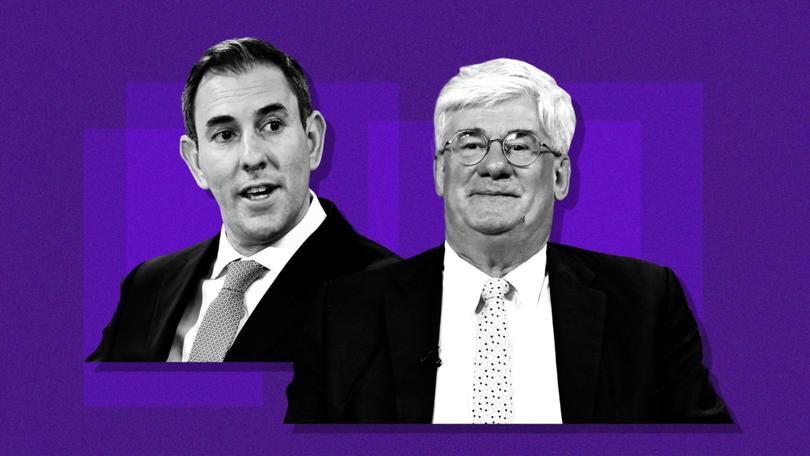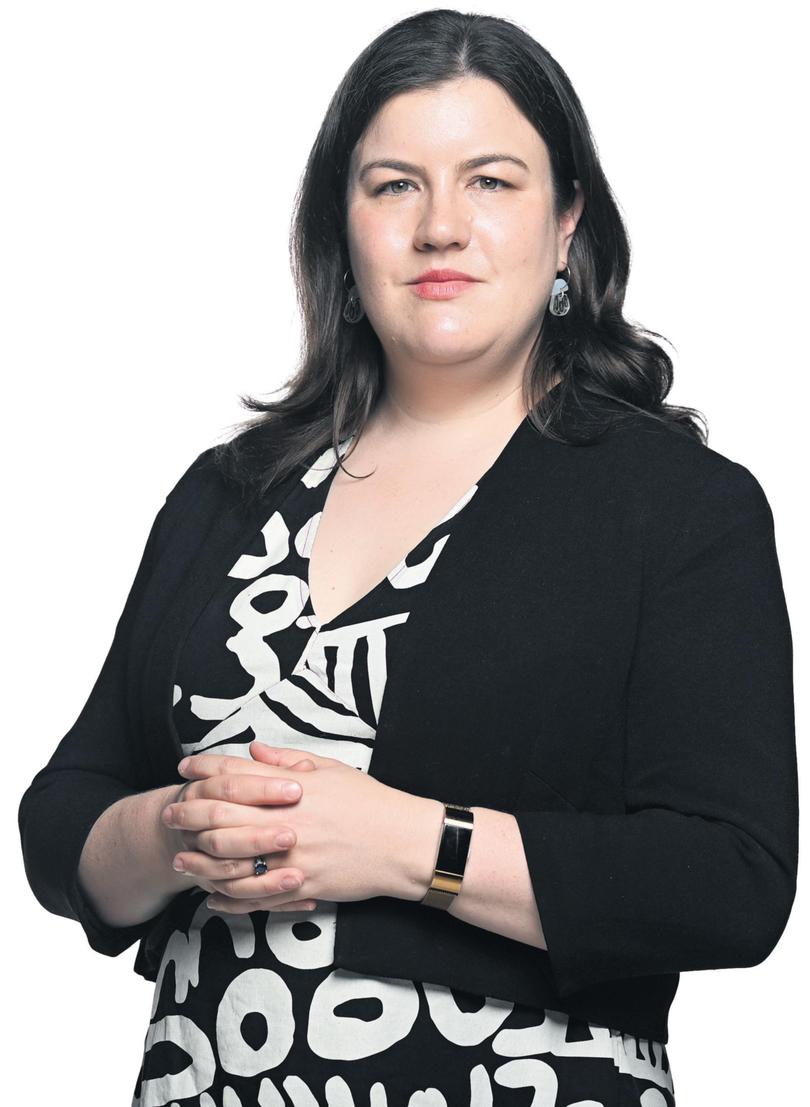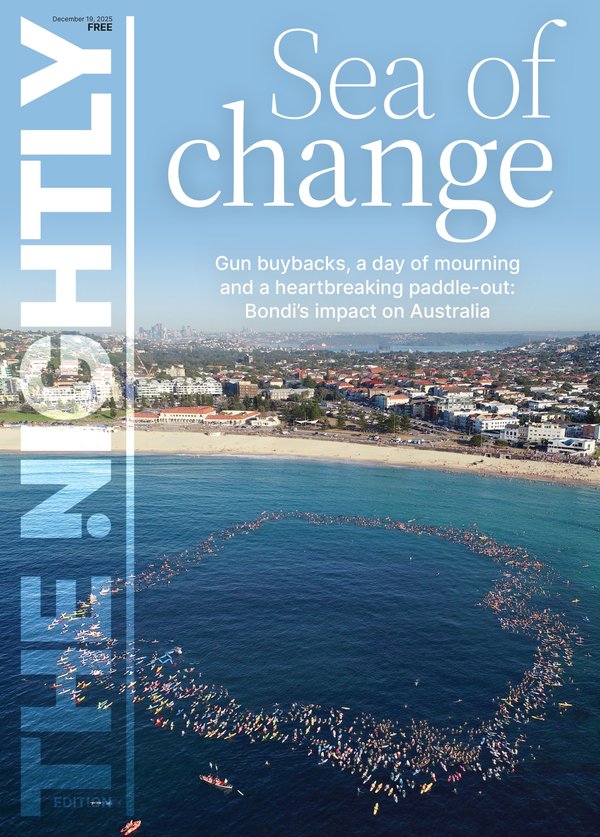KATINA CURTIS: Saul Eslake wants WA’s money but Anthony Albanese wants to win an election

Tasmanian economist Saul Eslake wants your money. Well, WA’s money.
He says the 2018 GST deal to guarantee WA’s share and compensate the other States is the worst public policy decision of the century and should be wound back immediately.
Doing so, he claims, would save the Commonwealth’s Budget bottom line something in the order of $50 billion.
Sign up to The Nightly's newsletters.
Get the first look at the digital newspaper, curated daily stories and breaking headlines delivered to your inbox.
By continuing you agree to our Terms and Privacy Policy.What treasurer or prime minister wouldn’t jump at the chance to claw back an easy $50 billion?
One who wants to remain in power after the next election.
Mr Eslake might have a clear-cut view of the way the world should be informed by economics but when you add the brutal realities of politics into the mix, that cost-benefit analysis becomes a lot murkier.
It’s a similar story for critics of the Future Made in Australia policy.
Deloitte Access Economics partner Stephen Smith recognised this last week when he said the plan — nebulous though it is at the moment — was “unlikely to stack up when considered using orthodox economic models”.
The only conclusion, he continued, was that it was not an economic policy — or that its advocates took a broader view of the costs and benefits than traditional economists.
This latter point is what Prime Minister Anthony Albanese and Treasurer Jim Chalmers are trying to do with their wellbeing Budget: look at the costs and benefits of policies in a way that goes beyond those traditional, clear-cut economic measures.
Exactly what the Future Made policy entails beyond the few rounds of financing announced so far should be cleared up next Tuesday.
Chalmers hinted on Wednesday there would be tax measures aimed at incentivising private investments — something the critical minerals sector has been calling for for months.
But even once it has fleshed out Future Made, there are still concerns in some quarters that it may prove a difficult sell.

Labor should remember how much Malcolm Turnbull’s “innovation” agenda scared people, who heard the buzzword and either thought it had nothing to do with them or meant job losses.
People like the familiar, the patterns of the things they know. That’s why I haven’t changed my Facebook profile picture in 11 years.
But now we find ourselves in unprecedented economic times coupled with unusual political times.
The old rules — whether around what unemployment rates will do when interest rates go up or how many people are rusted-on major party voters — no longer seem to hold.
Politicians are still finding where the new boundaries lie and seeing if old perceptions, such as on economic responsibility, can be redrawn.
And they’re trying to do it in a time where parts of the community are disconnected from each other.
This column recently observed the Prime Minister frequently prefers doing rather than telling.
The problem is, to increasing numbers of voters, the doing and telling are saying different things.
When Albanese joined the Nova Perth team in the radio studio on Wednesday morning, they had just finished taking calls from listeners worried about big bills coming up and hoping to win cash to help out.
The questions to Albanese then canvassed domestic violence, supermarket prices, and which foreign leaders he would invite to his wedding if he invited any (Justin Trudeau, in case you’re wondering).
No questions about immigration detainees, no questions about terrorism, a passing reference to China but no questions about the ins and outs of our diplomatic relations.
In other words, no attention on the issues that have been consuming many in the Canberra bubble, and plenty on the issues that should be consuming them.
April’s mood of the nation report from SEC Newgate found that mood is markedly gloomy.
Cutting bills and the cost of health care are people’s top priorities. A stronger response to dealing with violence against women is put on equal footing with strengthening the economy in the minds of voters.
A separate survey from ANU finds households are more financially stressed than even in the depths of the COVID pandemic.
All of this underscores the tension playing out in next week’s Budget.
Again, it’s a question of what happens when clear-cut economics meets the brutal realities of politics.
Albanese and Chalmers need to make people feel reassured and helped out now while preparing to switch from inflation crisis to growth crisis.
And they absolutely cannot do anything that would lead the Reserve Bank to increase interest rates this year.
RBA governor Michelle Bullock crashed the politics party on Tuesday with a warning that the economics might dictate the need for another rate rise — something that was inconceivable a couple of months ago when everything seemed to be on track.
No one has been foolish enough to pledge rates would be lower under their leadership, Howard-style, but there is no doubt a hike would be catastrophic for the Government’s political chances.
That’s a brutal reality.

